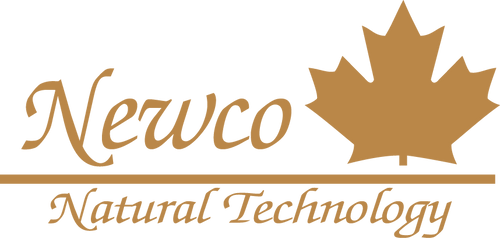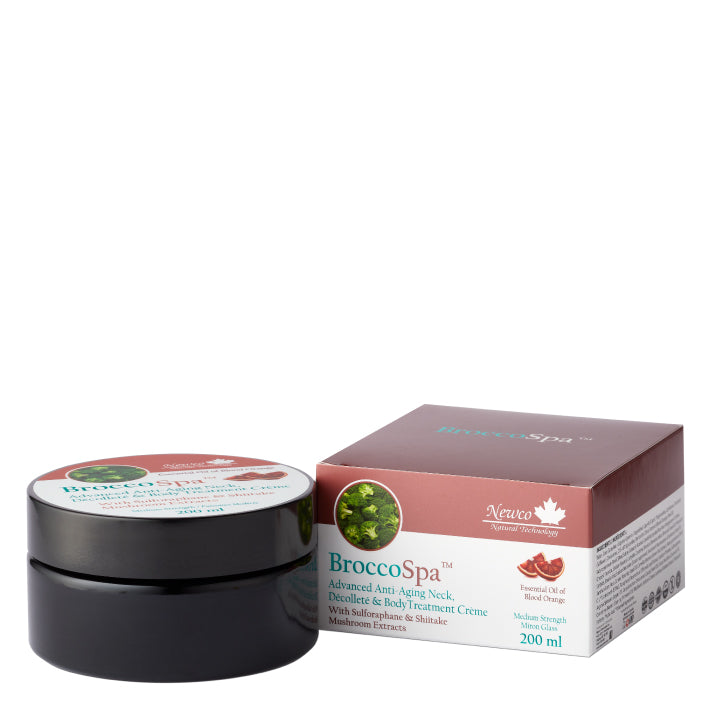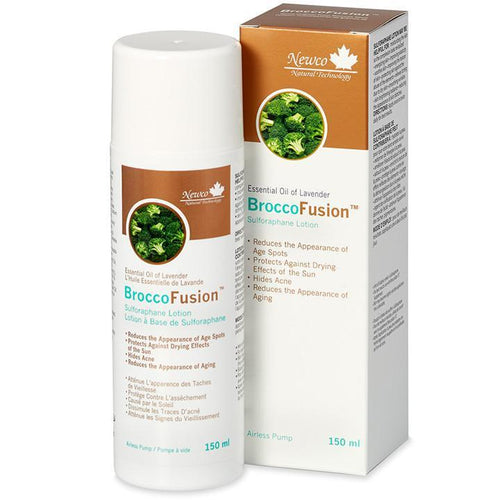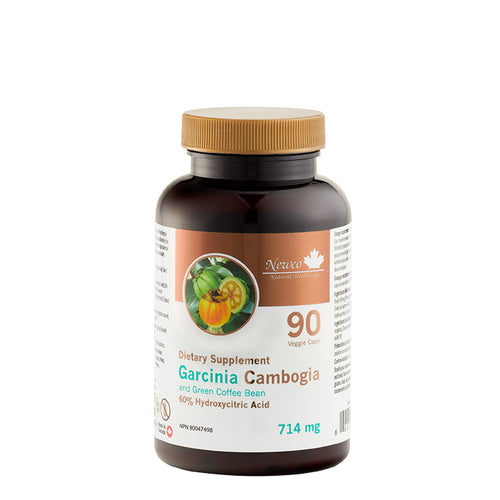Find out how athletes, college students and gamers are gaining a mental edge over the competition.
For a long time, everyone was focused on heart health. Then came gut health and an influx of information to help maintain a proper balance of microorganisms in our digestive tract. Now it’s brain health that’s on everyone’s minds — and for good reason.
Brain health has became more appealing to athletes and fitness enthusiasts in recent years.
“The importance of brain health started with the aging boomer population, but now the category is broadening to younger people,” says Danielle Citrolo, Pharm.D., director of scientific and regulatory affairs at Kyowa Hakko USA Inc. “It has a lot to do with our crazy lifestyles and the demands of both work and home life. We’re all juggling so many things and kind of exhausted. People are feeling more forgetful because they are so overextended.”
Who’s Boosting Their Brainpower?
From gamers looking to gain a competitive advantage to college students feeling the pressure to enhance their memory and attention for exams, people are looking for memory enhancers to boost their cognitive skills, according to Research and Markets.
Athletes and fitness enthusiasts also see the benefits of heightened attention and mental clarity during workouts. Nootropics — or cognitive “technology” that boosts brain performance — may improve the mind-body connection for better stamina, motivation, focus and even physical ability. Think about it: Half the battle of training and winning competitions is mental. Mind over matter, indeed.
Brain Boosters That Are No-Brainers
So how exactly can you up your game? By adding one — or all — these brain boosters to your lifestyle:
1. Seek out supplements. “Brain health supplements have gained popularity over the past decade, and for good reason,” Citrolo says. “While an aging population looks for products that support memory and mental acuity, younger consumers want support to help them stay sharp and focused.” She recommends Cognizin Citicoline, a clinically researched brain health ingredient that’s been shown to support mental energy and memory, promote focus and attention, and support overall cognitive health. How does it work? Cognizin is a branded form of citicoline, a substance naturally found in every cell of the body that’s especially vital to brain health. This water-soluble endogenous compound:
- Supplies precursors for the synthesis of phospholipids, including phosphatidylcholine, a major constituent of brain tissue
- Helps maintain normal levels of acetylcholine, a chemical that regulates cognitive function
- Promotes communication between neurons
- Protects neural structures from free-radical damage
- Supports healthy brain activity and metabolism
- Helps sustain healthy cellular mitochondria to support cognitive health and energy
Citrolo suggests 250 to 500 milligrams per day for general brain health. If you’re taking it as a preworkout to help pump up focus and intensity, take the supplement at least an hour before your training session for peak performance. Cognizin is kosher, allergen-free and animal-free. It also can be found in a variety of dietary supplements and beverage products on Cognizin.com. Two of Citrolo’s personal favorites include C4 Smart Energy carbonated beverage and Healthy Origins’ Cognizin Citicoline veggie caps.
2. Play mind games. Think you’re too busy to stop and play games? Think again. “Science shows that the more active you keep your brain, both socially and task oriented, the more it helps prevent cognitive decline,” Citrolo says. “Puzzles and games are good for brain health.” Just as training your body in the gym will help keep your mind challenged, training your brain will help ensure peak performance — try one of these brain exercises the next time you hop on a treadmill.
3. Nutrition for your noggin. Your brain makes up only 2 percent of your bodyweight, yet it consumes roughly 20 percent of your body’s energy when at rest. That means the human brain needs a whole lot of nutrition to stay alert and focused throughout the day — so choosing how you fuel your brain and body could have a positive impact on your brain health. “Food is medicine,” Citrolo affirms. “Eating the right foods is one of the first things I’d prescribe for brain health, as a pharmacist.” For instance, ever notice how much a walnut resembles the brain? A 2015 study published in The Journal of Nutrition, Health & Aging _linked higher walnut consumption to improved cognitive test scores. Berries are another brain food, as a 2012 study in the Annals of Neurology details — blueberries and strawberries, which are high in flavonoids, could delay cognitive aging in older adults. Finally, consider following the Mediterranean diet, which mainly consists of fruit, veggies, legumes, good fats and fish. Researchers of a 2018 study published in _Neurology estimate that there may be as much as a three-and-a-half-year delay in the progression of Alzheimer’s disease in people who have eaten this way (instead of the standard Western diet) for many years.
Lifestyle choices have a direct impact on brain health. By ensuring proper nutrition, keeping your mind active and adding Cognizin supplements to your daily routine, you’re doing your part to prevent mental decline as you age.

Cognizin® is a clinically-studied form of citicoline that supplies your brain with the nutrition it needs to stay sharp. Replacing citicoline in the brain plays a vital role to support attention, focus and memory. Learn more by visiting Cognizin.com.
These statements have not been evaluated by the Food and Drug Administration. This product is not intended to diagnose, treat, cure or prevent any disease.
Written by Jill Schildhouse for Oxygen Magazine and legally licensed through the Matcha publisher network. Please direct all licensing questions to legal@getmatcha.com.





